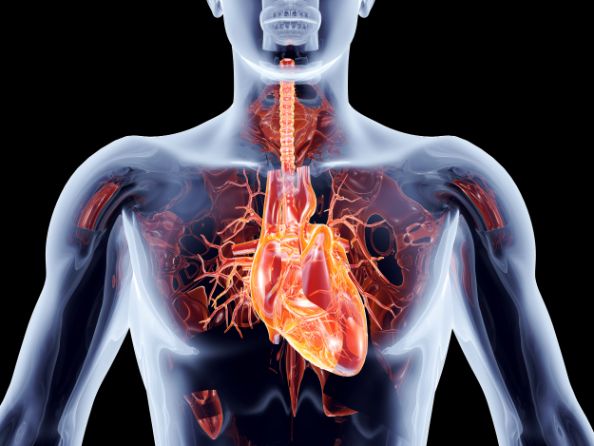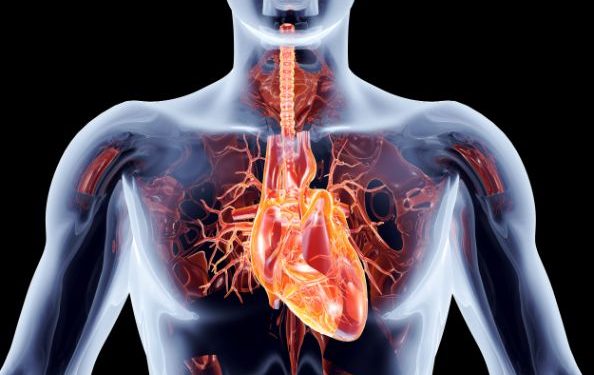Cardiac tumors are abnormal masses of tissue that grow within the heart. They are usually benign, but can also be malignant. If they are malignant, they can spread elsewhere in the body, causing problems that can lead to death. Symptoms depend on where the tumor is and what type it is. Some may cause problems such as enlargement, bleeding, or obstruction of blood flow. Others can be life-threatening, causing irregular heart rhythms, arrhythmias, or heart failure.
The symptoms of cardiac tumors can vary from patient to patient. For example, some may not have any symptoms at all. While others can have symptoms such as dyspnea, fever, or night sweats. However, the presence of these symptoms can signal that the heart is affected by a tumor. In some cases, a tumor can cause complications that require surgical removal.
Depending on the type of tumor, symptoms can be caused by the growth of the tumor or by an infection. Cardiac tumors can be benign or malignant, and the symptoms are largely determined by the location and size of the tumor. It is rare for patients with a cardiac tumor to have symptoms at first. Symptoms of a cardiac tumor usually arise due to an obstruction in the blood flow. The obstruction can be caused by the tumor or by other factors such as the heart valves.
The most common symptoms of a cardiac tumor are dyspnea and pulmonary venous hypertension. Other symptoms include edema, abnormal heart rhythms, and a frank pulmonary edema. Embolisms can occur when the tumor or a part of it detaches and travels through the bloodstream. Embolism is a symptom of a malignant tumor, but it can also occur with benign tumors.

The symptoms of a malignant cardiac tumor are life-threatening. These tumors can cause pulmonary edema, heart failure, and a sudden death. Malignant cardiac tumors can be found in any part of the heart, and they are very fast-growing. Treatment for these tumors usually focuses on the primary tumor, but if the tumors have spread to the heart, the patient is treated with palliative measures. Usually, chemotherapy and systemic chemotherapy are used for these tumors.
When a cardiac tumor is diagnosed, the patient’s medical history, including family history, should be taken into consideration. In addition, the patient should undergo cardiac diagnostic tests that will allow for a precise diagnosis. A CT scan or an echocardiogram is often the first diagnostic procedure. This will help the doctor determine the size and location of the tumor. Using minimally invasive procedures will result in smaller incisions, which can decrease bleeding and speed up recovery time.
When a cardiac tumor is diagnosed, other ancillary diagnostic techniques are often required. Several imaging methods, including chest x-rays and transthoracic echocardiography, can be used to identify the type and location of the mass. Care should be taken to use ancillary diagnostic techniques correctly, as incorrect use of ancillary procedures can lead to inaccurate diagnoses.
Cardiac myxomas are most common in people in their sixth or seventh decade of life. During this time, they can appear anywhere in the heart. Although these tumors can be sporadic, they have been linked to familial syndromes, such as tuberous sclerosis.









